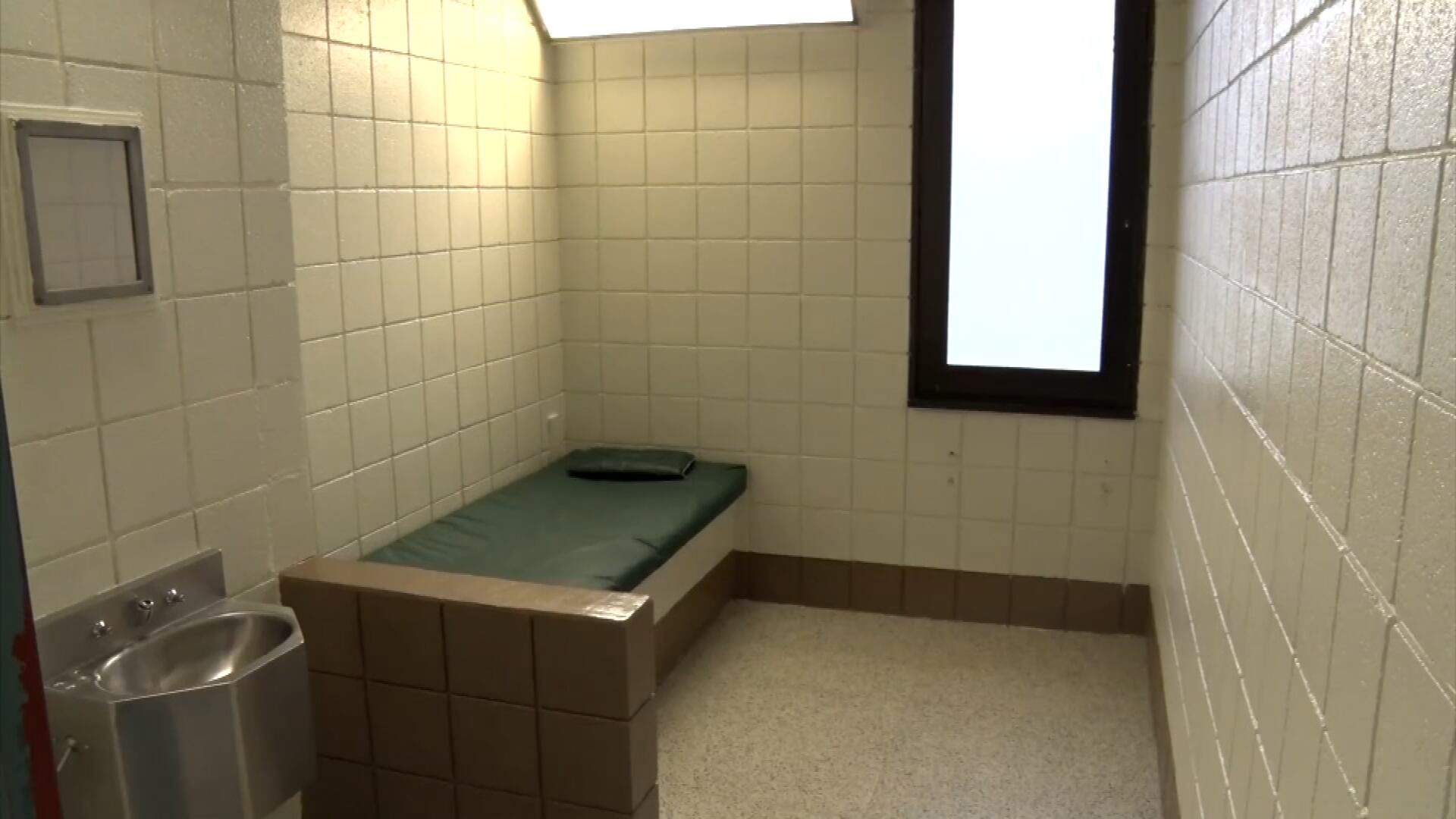TALLAHASSEE, Fla. — A federal appeals court Tuesday rejected a constitutional challenge to the state’s parole system by inmates who were sent to prison decades ago for crimes they committed as juveniles.
A three-judge panel of the 11th U.S. Circuit Court of Appeals upheld a lower-court ruling in a class-action lawsuit that alleged violations of the U.S. Constitution’s Eighth Amendment ban on cruel and unusual punishment and due-process rights.
Florida eliminated parole in the 1980s and 1990s, but the case focuses on inmates who were sent to prison before the elimination. The ruling said about 170 current inmates were sentenced to life in prison with the possibility of parole for crimes committed as juveniles — what it described as “juvenile lifers.”
It said the Florida Commission on Offender Review, which reviews parole cases and, among other things, sets what are known as “presumptive parole release dates,” has released roughly two juvenile lifers a year since 2012.
“The practical upshot is that the overwhelming majority of juvenile lifers have presumptive parole release dates so far in the future that they may well die in prison,” the ruling, written by Judge Kevin Newsom and joined by Judges Jill Pryor and Barbara Lagoa said.
The case, at least in part, involved a series of decisions by the U.S. Supreme Court since 2010 about sentencing of juveniles.
As an example, a 2010 Supreme Court decision, in a case known as Graham v. Florida, said states must provide juveniles convicted of non-murder crimes “some meaningful opportunity to obtain release based on demonstrated maturity and rehabilitation,” according to Tuesday’s ruling. As another example, a 2012 Supreme Court decision, in a case known as Miller v. Alabama, said the Eighth Amendment forbids mandatory life-without-parole sentences for juveniles convicted of murder.
The ruling said the plaintiffs in the class action argued that the “meaningful opportunity” standard in the Graham decision should also apply to juveniles convicted of murder.
But it said the Supreme Court had not approved such an extension of the standard and rejected the notion that that parole system is a “sham.” Also, the ruling said the parole system offered a “meaningful opportunity” for juveniles convicted in non-murder cases.
“Since 2012, the commission has granted parole to at least 24 juvenile lifers who would otherwise be part of the certified class — on average, about two every year,” Newsom wrote. “Given that about 170 juvenile lifers remain incarcerated, the math works out to about 1% of the juvenile-lifer population obtaining release yearly. Florida’s system may not be a particularly generous one, but it’s hardly a sham. The upshot: When the juvenile lifers were convicted, decades ago, their sentencers genuinely had the discretion to choose a sentence of less than life in prison (as required by the Supreme Court’s Miller decision). So, with respect to the homicide offenders, the Eighth Amendment claim fails.”
Click here to download our free news, weather and smart TV apps. And click here to stream Channel 9 Eyewitness News live.
©2025 Cox Media Group





